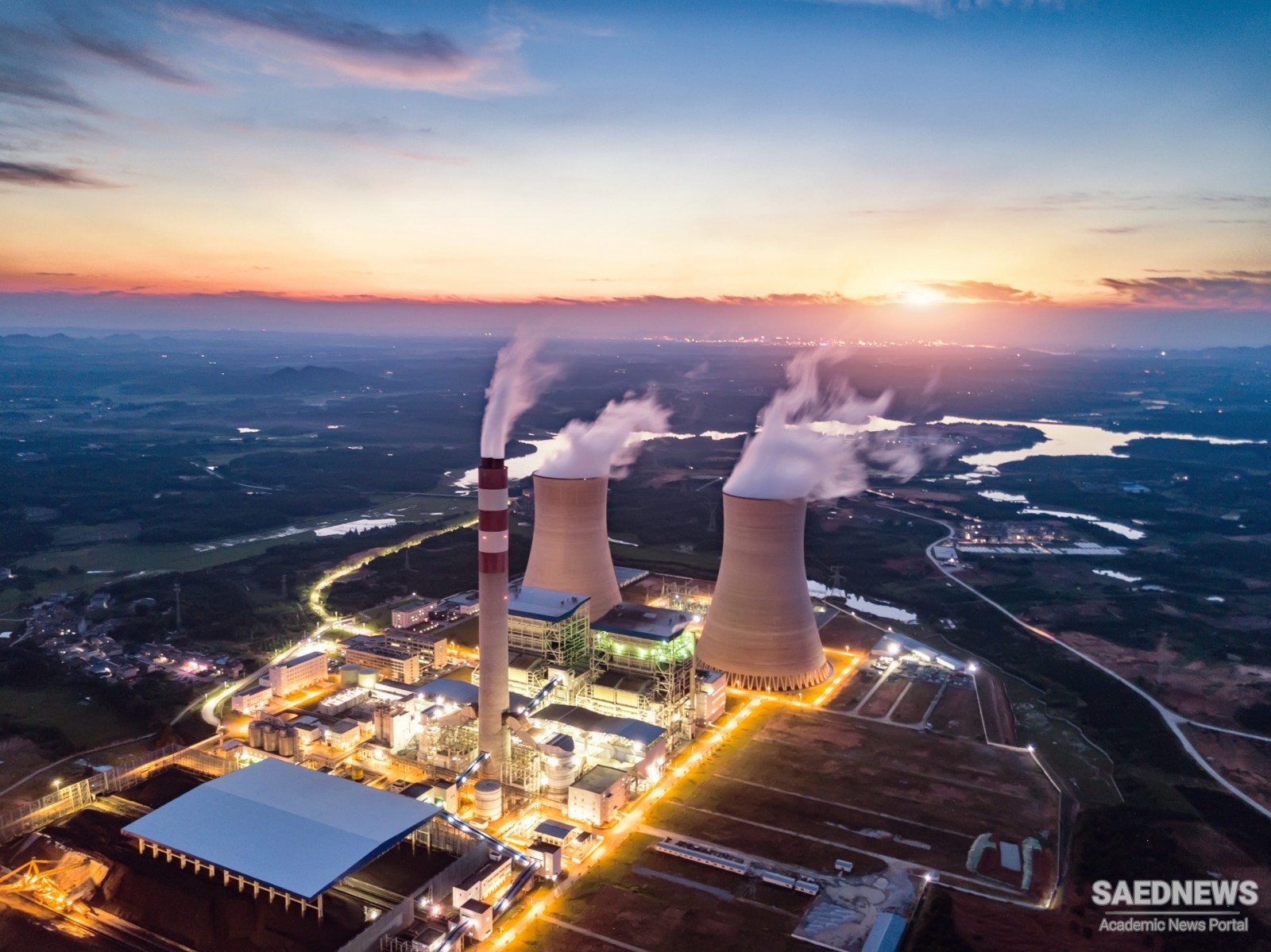Nuclear technology is a fascinating and powerful discipline whose various applications and potential consequences often invoke great controversy and political debate. Yet from a scientific perspective, when used wisely and carefully, the various forms of nuclear technology have provided great benefits. For example, the widespread use of radioactive isotopes and X-rays have revolutionized the practice of medicine. But when used carelessly, unwisely, or maliciously, nuclear technology can inflict destructive consequences that have both immediate and very long-term impacts. Unlike those of other modern technologies, the social and political consequences of nuclear technology are without precedent in human history. For example, a regional nuclear war between India and Pakistan (as was threatened but avoided in spring 2002) would cause millions of casualties and instantly reduce both nations to rubble and ruin. Furthermore, independent of any additional nuclear technology developments and activities in the twenty-first century, the environmental and political legacy of the early nuclear age (such as the need to safeguard tons of surplus plutonium from the cold war nuclear arsenals of the United States and the former Soviet Union) extends for many millennia into the future. Over the span of just a few decades in the twentieth century, the achievements of nuclear scientists greatly changed the world in which we live. Some individuals have had their contributions publicly acknowledged through the reception of such prestigious awards as the Nobel Prize in physics or chemistry. Others have helped bring about new scientific understanding in a less generally recognized but, nonetheless, equally important way. Breakthroughs in nuclear science have given rise to many interesting, but often controversial, new engineering applications.


 Nuclear Technology: Racing for Energy or Hegemony?
Nuclear Technology: Racing for Energy or Hegemony?














































